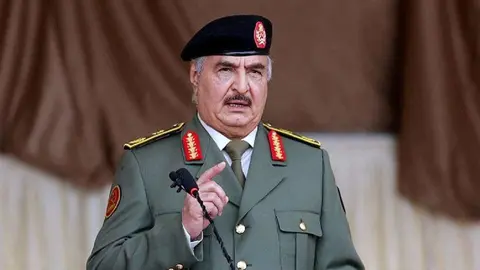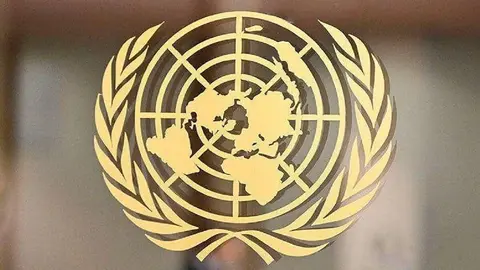Libya's central bank suspends operations amid kidnap crises
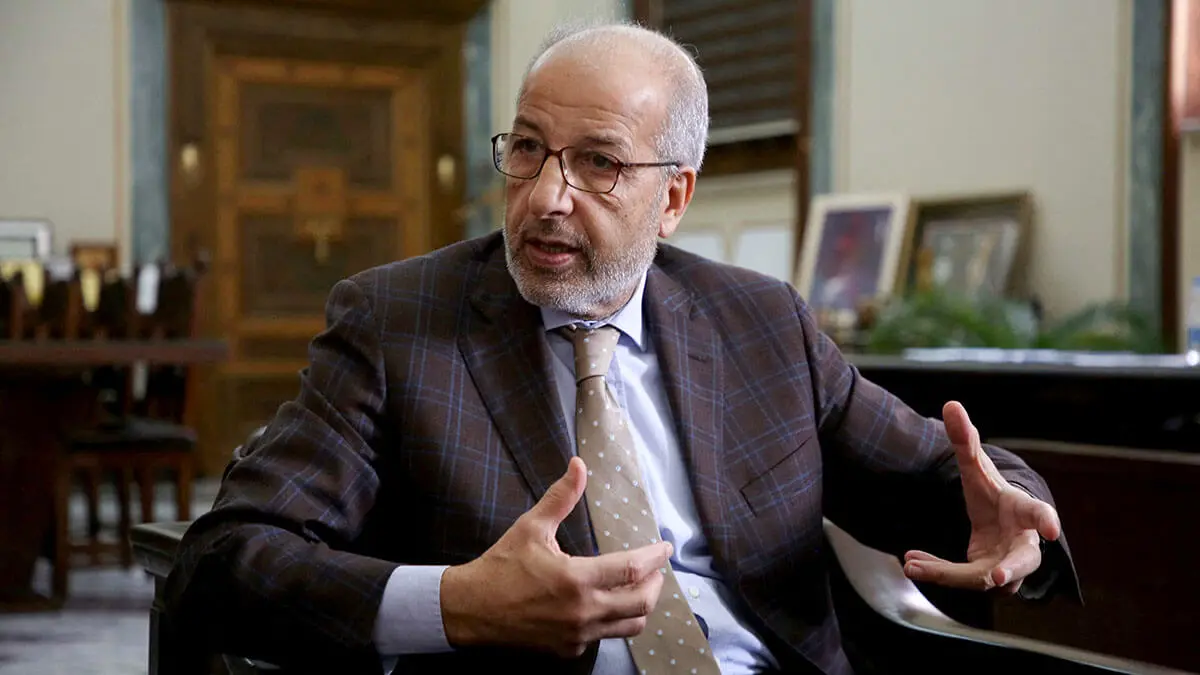
The crisis in Libya is deepening. The movement of military troops into the southwest of the country has led to an escalation of tension, and now comes the dismissal of the governor of the Central Bank (CBL), Al-Siddiq Al-Kabir, by the Libyan Presidential Council. To restore economic stability, the Presidential Council appointed a new leadership for the Central Bank of Libya.
However, the move has sparked controversy, as an earlier decree by the House of Representatives had suspended Al-Shukri's appointment and retained Al-Kabir in his position. Although this measure seeks to mitigate the effects of the financial and economic crisis affecting the country, the situation remains delicate, and the international community continues to closely monitor the development of the crisis in Libya.
The House of Representatives has rejected attempts to control the Central Bank and has called on the Attorney General to take legal measures to protect the bank, and on the United Nations Support Mission in Libya to take a clear and serious stance against these reprehensible moves.
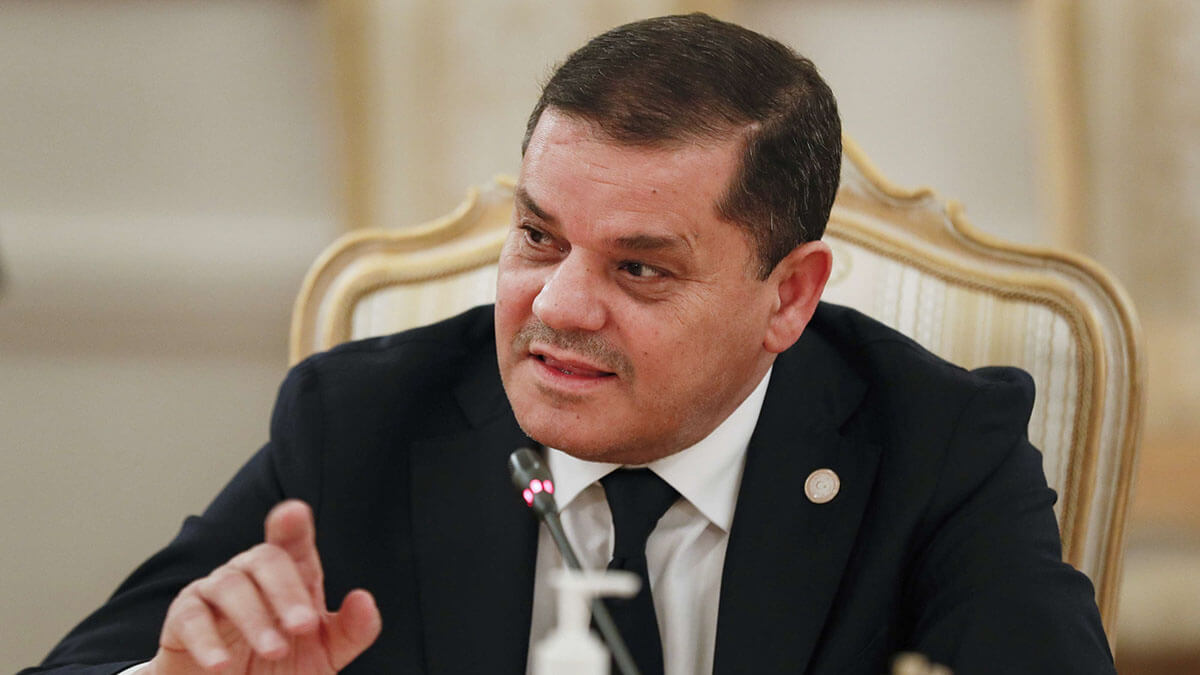
The situation at the Central Bank of Libya has become increasingly tense, with several senior employees receiving kidnap threats and the bank suspending operations. So far, only Musab Msallem, head of the Information Technology (IT) Department, is known to have been kidnapped.
What else did the Central Bank say?
Following the kidnapping of the head of the CBL's IT department, Musab Msallem, the Central Bank announced that it will suspend all activity.
According to a statement, Musab Msallem, head of the Central Bank's Information Technology Department, ‘was abducted this morning from his home by an unknown group.’ The bank said it ‘will not resume operations’ until Msallem is released, adding that other officials have been ‘threatened with abduction.’ It called for ‘an end to this practice’ and blamed ‘dishonest parties who threaten the safety of its employees and the continuity of the banking industry.’ The bank did not provide further information about the kidnapping.
The governor of Libya's central bank has been the subject of accusations of aligning himself with the Islamic political movement and has been dismissed several times in recent years. However, parliament reappointed him to the post after his dismissal.
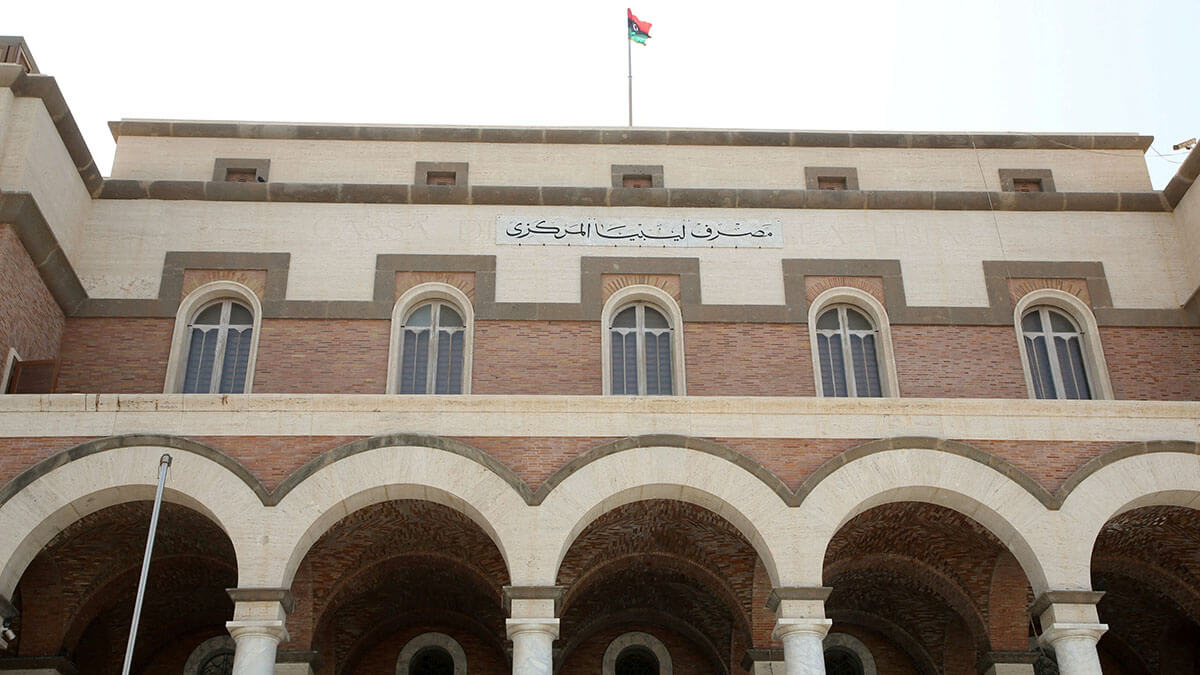
Libya remains divided after a standoff between the UN-recognised Tripoli-based government, once led by Abdulhamid Dbeibah, and a rival administration in the east backed by military leader Khalifa Haftar. While the situation has been calm in recent years, clashes between multiple armed groups in Libya continue to occur regularly, raising fears of wider escalation.
Against a full escalation, the Misrata-based 17 February Movement issued a statement or warning against the escalation of tension in Tripoli, noting that, should previous scenarios be repeated, the consequences for the country of turning Tripoli into a battlefield could be devastating for the national economy.
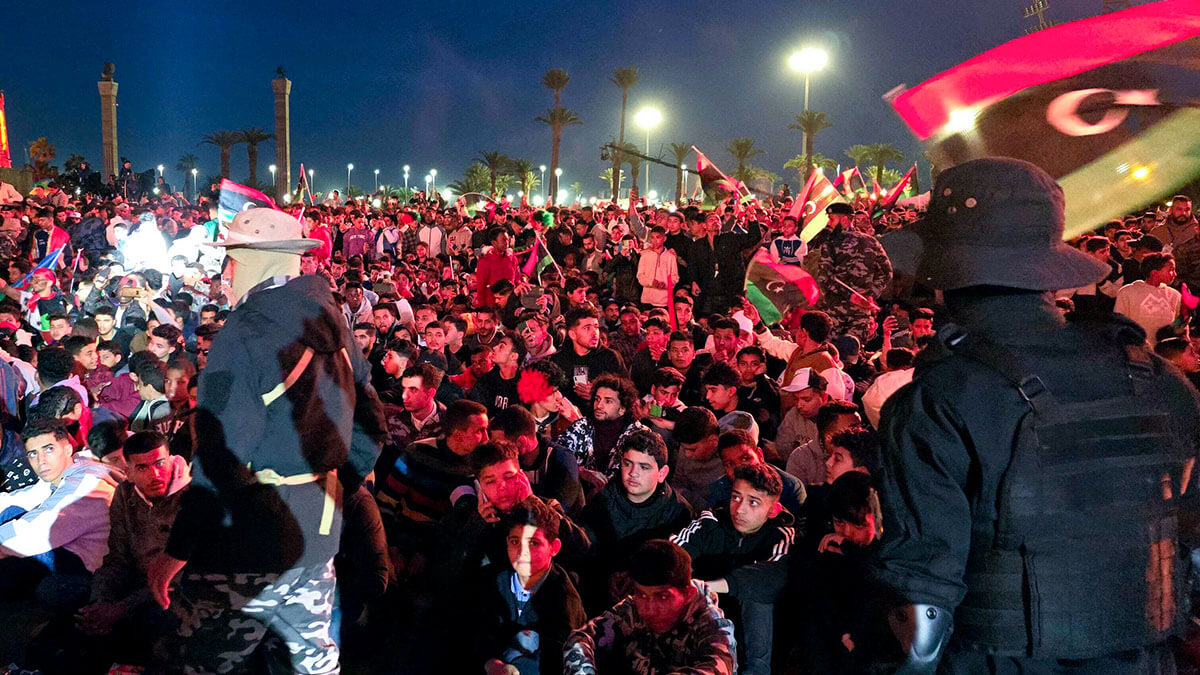
In addition, the Movement joined the House of Representatives in calling on the attorney general to identify and prosecute those responsible for the kidnapping of the Central Bank official and emphasised the need to protect the employees of Libya's sovereign institutions from threats and attacks. US diplomat and special envoy to Libya Richard Norland said the attempt to overthrow Al-Kabir was ‘unacceptable’ and warned that replacing him ‘by force could result in Libya losing access to international financial markets. Norland made the announcement in a social media post.
The increased tension also coincides with the 84th anniversary of the founding of the Libyan army, making it more important that the parties involved in the conflict work together to find a peaceful and stable solution. The creation of a ‘strategic corridor’ between Libya and the Gulf of Guinea can have profound consequences for the region and the world, and it is essential that security and stability issues in the country are addressed effectively and peacefully.
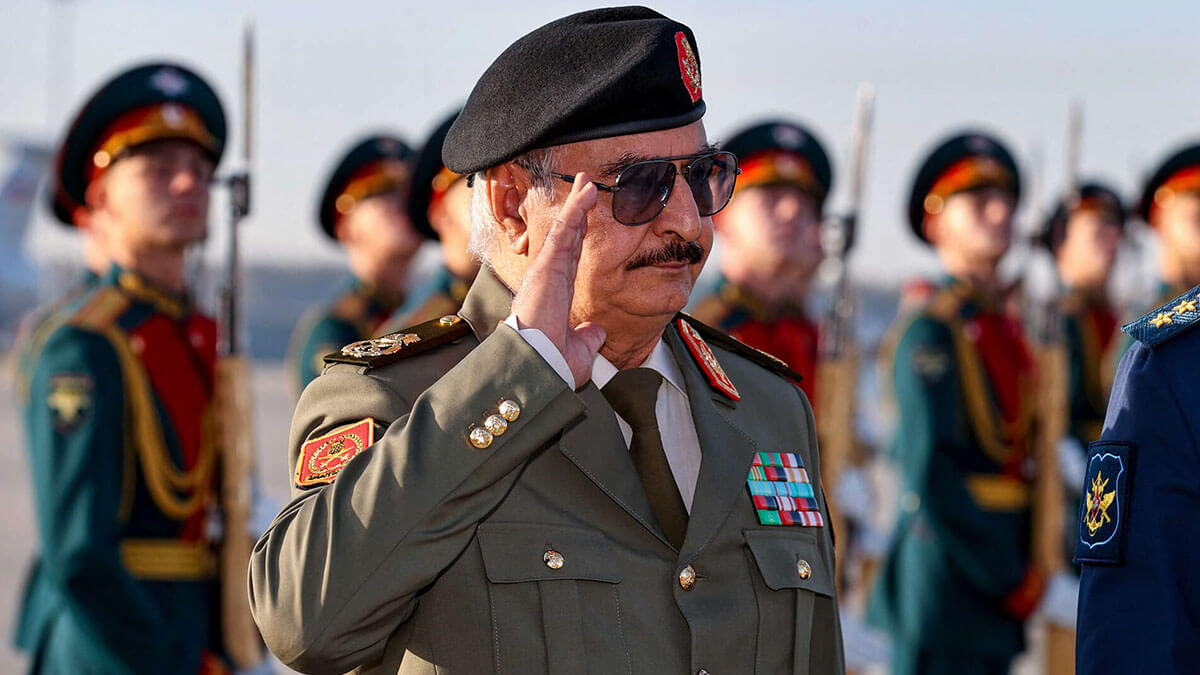
The Russia-Libya alliance can strengthen Haftar's position in the country and increase Russian influence in the region. However, it may also lead to increased tension in the region and an increase in violence in Libya. UNSMIL (United Nations Stabilisation Mission in Libya) and other international organisations should continue to monitor the situation and put pressure on the parties to exercise restraint and respect human rights.
Tension on the Libyan-Algerian border
According to Libyan political activist Chawki Benzehra, the situation on the Libyan-Algerian border has changed significantly in favour of the Libyan Army, led by Marshal Khalifa Haftar. The effective occupation of the area by Libyan forces, as shown in images of the ‘128th Brigade’, has been confirmed by information from the region. This operational and organisational capability demonstrates confidence in the alliances with Russia and the United Arab Emirates.
الجيش الليبي 🇱🇾 بقيادة المشير #حفتر يبسط كامل سيطرته على شريطه الحدودي مع #الجزائر 🇩🇿 كما تظهره صور دوريات "اللواء 128 المعزز" وتؤكده كل المعلومات الواردة من المنطقة ويظهر جاهزية عملياتية وقدرة تنظيمية تؤكد موثوقية تحالافاته مع روسيا 🇷🇺 ودولة #الإمارات 🇦🇪 على عكس النظام الجزائري… pic.twitter.com/U7cVdfP6LC
— Chawki Benzehra شوقي بن زهرة (@ChawkiBenzehra) August 17, 2024
On the other hand, the activist claimed that the Algerian system has been described as ‘the cancer of North Africa’ by many countries in the region.

However, instead of playing a constructive role in resolving the crisis, Algeria has been a passive bystander with no capacity to influence events. Algerian generals have attempted to foment internal divisions in Libya, supporting the formation of militias rather than coordinating with the Libyan army to secure the border.

